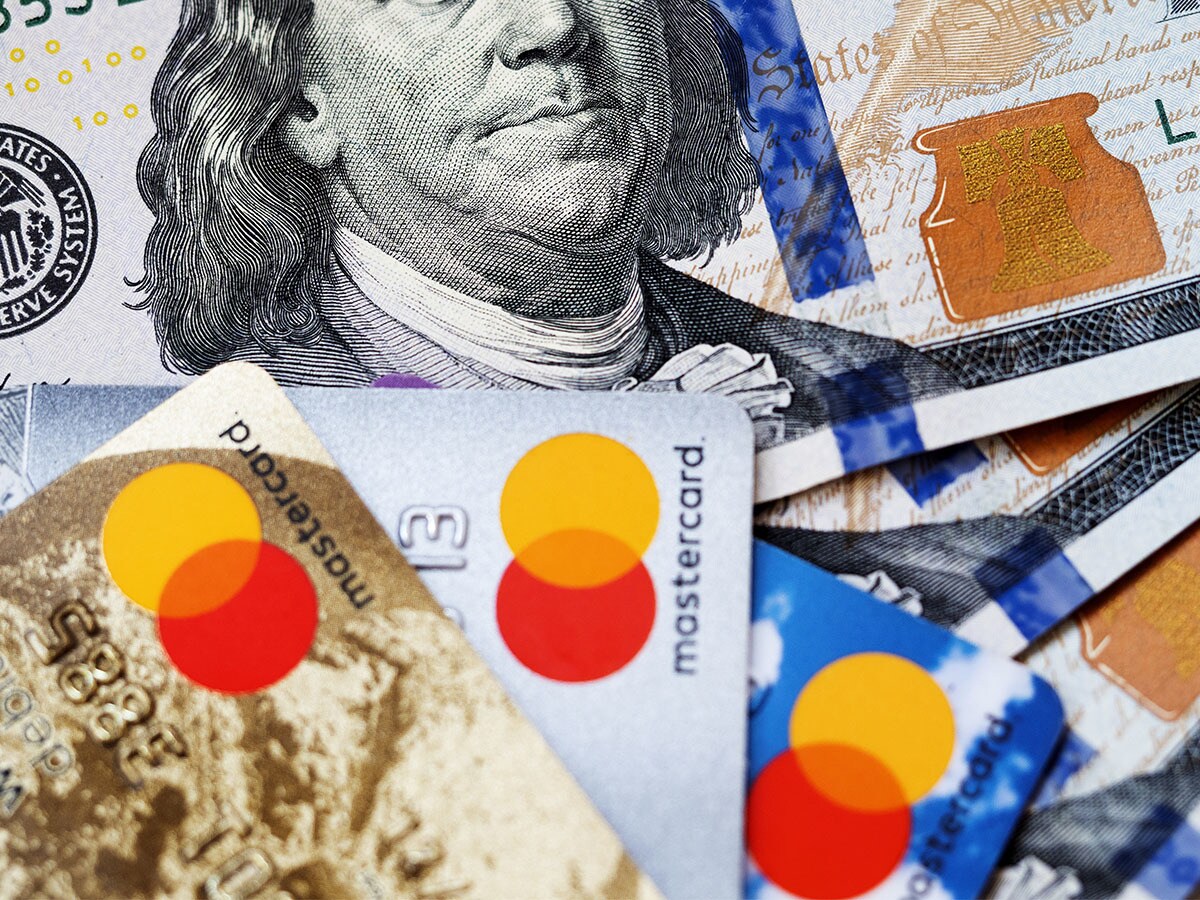While the coronavirus is changing the payment landscape, Mastercard’s [MA] business and share price performance shows long-term resilience amid global uncertainty.
An expected decline in payment activity has seen shares of MasterCard, Visa [V] and PayPal [PYPL] tumble. In March, Mastercard and Visa’s share prices were trading at 52-week lows.
The impact of the coronavirus is changing the way in which payments are made. According to research by McKinsey, the pandemic is likely to lead to a decline in revenue growth. Whereas it was previously thought the global payments industry would grow by 6% in fiscal 2020, McKinsey now predicts that activity could drop by between 8% and 10%. To put this into context, the 2008 global financial crisis saw activity fall around 10% to 11%.
However, and despite the fall in payment activity, Mastercard’s share price is considered by some, a good long-term investment.
Will the downturn affect short-term growth?
Back in January, the technology and payment processing company — which earns the majority of its revenue by collecting a percentage of card transactions — posted better-than-expected results for the fourth-quarter of 2019. This was thanks mainly to increased seasonal spending.
Revenue for the quarter was $4.4bn, up 16% year-over-year while revenue for calendar 2019 was $16.9bn, up 13% on 2018. In total there were 23.8 billion transactions processed in the fourth quarter — 19% more year-over-year. Earnings per share (EPS) were $1.96 compared to $1.87 EPS expected.
23.8billion
Number of transactions processed in Q4
Following the earnings release, Mastercard’s share price rose just 1.2%, however, in the month that followed the share price increased 7.5% to an all-time high of $344.
The figures for 2019 and the subsequent rise seemed to indicate that Mastercard was reaping the benefits of what the company has previously referred to as a “war on cash”. However, just a few weeks after posting the all-time high, market worries saw the stock fall nearly 11% in one day on 12th March — dropping from $269.76 to $241.13.
As a result of the downturn, business closures and travel bans, Mastercard has revised its outlook for 2020.
In its last earnings report, the company had forecast a percentage year-over-year revenue growth in the low teens. In February, the company warned: “If the impact [of COVID-19] is limited to the first quarter only, we expect that our annual year-over-year revenue growth would be at the low end of the low-teens range.”
At the end of March, the company provided another update. Guidance for the full fiscal year has now been withdrawn and revenue growth for the current quarter (Q1) is expected to be in the low to mid-single digits.
Like Mastercard, Visa has also revised revenue growth for the current quarter by a few percentage points. As reported by Barron’s, Piper Sandler analyst Christopher Donat thinks the impact of the coronavirus is likely to be greater than either company is expecting.
“We now expect COVID-19 to have a more negative impact,” said Donat. “We now think that the revised outlooks for both companies are overly optimistic.”
He maintained his neutral rating for Mastercard but lowered the stock price target from $332 to $292.
| Market Cap | $272.103bn |
| PE ratio (TTM) | 34.10 |
| EPS (TTM) | 7.94 |
| Quarterly Revenue Growth (YoY) | 15.90% |
Mastercard share price vitals, Yahoo Finance, 15 April 2020
Why is it better to look at the long-term?
Despite the revised outlook, Mastercard is likely to eventually bounce back. The current economic situation and concerns about job security mean consumers are reducing their spending until things return to some level of normality.
“The negative impact from the coronavirus on Mastercard’s business will only be temporary. Mastercard’s long-term prospects continue to look really strong,” notes Keith Speights, writing in the Motley Fool.
“The great growth prospects stemming from the continued rise of e-commerce and the shift from cash to digital payments, make Mastercard one of the most attractive stocks on the market,” he adds.
“The great growth prospects stemming from the continued rise of e-commerce and the shift from cash to digital payments, make Mastercard one of the most attractive stocks on the market” - Keith Speights
The payment processor also has history on its side. It has been the second-best winner of the 2008 crash. Only Apple [AAPL] has beaten it in terms of return on investment capital since then, reported the Financial Times in 2017. To date, Mastercard has returned more than 1400% since the start of 2008 (through 8 April) — in the same time frame, the S&P 500 has returned around 92%.
A decade ago, Mastercard’s stock was in the region of $25 and just three years ago it was around $112. At the closing bell on 9 April, it was priced at $269.40.
It would appear that the majority of analysts believe Mastercard to be a worthwhile investment, especially if you’re not looking for short-term gains. Of the 28 analysts that have issued ratings in the last 30 days, according to MarketBeat, just two have assigned it a hold rating with the other 26 assigned it a buy rating.
1400%
Mastercard returns since start of 2008
The coronavirus pandemic may cause a reduction in short-term and year-over-year growth. However, investors can be reassured by the fact that the technology company doesn’t have to suspend its operations as regardless of other restrictions there will always be the need to make card payments.
Continue reading for FREE
- Includes free newsletter updates, unsubscribe anytime. Privacy policy





